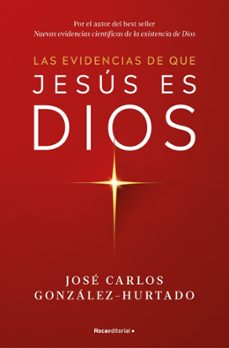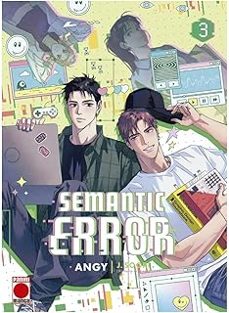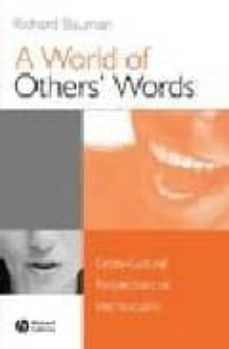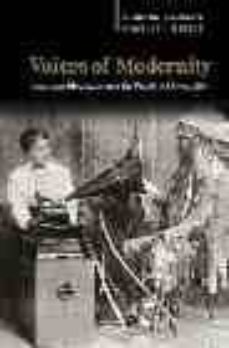Imprescindibles
Más vendidos Libros más leídos eBooks más leídos Todos los libros Todos los libros Autores destacados Series y sagas
Recomendados Libros recomendados Autores destacados Libros que inspiran Vidas con historia LGTBIQ+ English books
Ficción
Literatura Contemporánea Estudios literarios Clásicos Cuentos Poesía Teatro Libros de bolsillo Sagas literarias
Géneros literarios Novela romántica y erótica Novela negra Novela histórica Narrativa fantástica Novela de ciencia ficción Novela de terror Narrativa de humor Narrativa de viajes
No Ficción
Ciencias y tecnología Biología Ciencias Ciencias naturales Divulgación científica Informática Ingeniería Matemáticas Medicina Salud y dietas Formación Idiomas Estilo de vida Libros de Cocina Guías de viaje Narrativa de viajes Deportes Libros de Juegos Manualidades
Humanidades Autoayuda y espiritualidad Ciencias humanas Derecho Economía y Empresa Psicología y Pedagogía Filosofía Sociología Filología Biblioteconomía Estudios filológicos Estudios lingüísticos Estudios literarios Historia y crítica de la Literatura
Infantil
Juvenil
#Jóvenes lectores Narrativa juvenil Clásicos adaptados Libros Wattpad Libros Booktok Libros de influencers Libros de Youtubers Libros Spicy Juveniles Libros LGTBIQ+ Temas sociales Libros ciencia ficción Libros de acción y aventura Cómic y Manga Juvenil Cómic Juvenil Manga Shonen Manga Shojo Autores destacados Jennifer L. Armentrout Eloy Moreno Nerea Llanes Hannah Nicole Maehrer
Libros de fantasía Cozy Fantasy Dark academia Hadas y Fae Romantasy Royal Fantasy Urban Fantasy Vampiros y hombres lobo Otros Misterio y terror Cozy mistery Policiaca Spooky Terror Thriller y suspense Otros
Libros románticos y de amor Dark Romance Clean Romance Cowboy Romance Mafia y amor Romance dramatico Romcom Sport Romance Otros Clichés Enemies to Lovers Friends to Lovers Hermanastros Slow Burn Fake Dating Triángulo amoroso
Cómic y Manga
Novela gráfica Novela gráfica americana Novela gráfica europea Novela gráfica de otros países Personajes, series y sagas Series y sagas Star Wars Superhéroes Cómics DC Cómics Marvel Cómics otros superhéroes Cómics Valiant
Cómics Libros de ilustración Cómic de humor Cómic erótico Historia y técnica del cómic Cómic infantil y juvenil Cómic infantil Cómic juvenil
Top más leídos
Audiolibros
eBooks
Literatura Contemporánea Narrativa fantástica Novela de ciencia ficción Novela de terror Novela histórica Novela negra Novela romántica y erótica Juvenil Más de 13 años Más de 15 años Infantil eBooks infantiles
Humanidades Autoayuda y espiritualidad Ciencias humanas Economía y Empresa Psicología y Pedagogía Filosofía Historia Historia de España Historia Universal Arte Cine Música Historia del arte
Ciencia y tecnología Ciencias naturales Divulgación científica Medicina Salud y dietas Filología Estudios lingüísticos Estudios literarios Historia y crítica de la Literatura Estilo de vida Cocina Guías de viaje Ocio y deportes
RICHARD BAUMAN
Recibe novedades de RICHARD BAUMAN directamente en tu email
Filtros
Del 1 al 2 de 2
BLACKWELL PUBLISHING 9781405116053
Shortlisted for Katharine Briggs Folklore Award 2005. Drawing on a broad range of oral performances and literary records from Iceland, Ireland, Scotland, North America, Ghana, and Fiji, linguistic anthropologist and folklorist Richard Bauman presents a series of ethnographic case studies that offer an innovative and illuminating look at intertextuality as communicative practice. Bauman uses his introduction to lay a framework for the analysis of genre, performance, and intertextuality as discursive accomplishments. He goes on to examine the ways that performers blend genres and then explores how they manage intertextual links or gaps by aligning texts in discursive practice. Finally, Bauman draws together these threads and turns his insights to a critical consideration of ethnographic practice itself, bringing into reflexive awareness the ways that ethnography positions us in a world of others' words. Drawing on his work in Iceland, Ireland, Scotland, North America, Ghana, and Fiji, linguistic anthropologist and folklorist Richard Bauman presents a series of ethnographic case studies that offer a sparkling look at intertextuality as communicative practice. A fascinating perspective on intertextuality: the idea that written and spoken texts speak to one another, e.g. through genre or allusions. Presents a series of ethnographic case studies to illustrate the topic. Draws on a broad range of oral performances and literary records from across the world. The author's introduction sets a framework for the analysis of genre, perform and intertextuality. Shows how performers blend genres, e.g., telling stories about riddles or legends about magical verses, or constructing sales pitches.
Ver más
Tapa blanda
CAMBRIDGE UNIVERSITY PRESS 9780521008976
Language and tradition have long been relegated to the sidelines as scholars have considered the role of politics, science, technology and economics in the making of the modern world. This novel reading of over two centuries of philosophy, political theory, anthropology, folklore and history argues that new ways of imagining language and representing supposedly premodern people - the poor, labourers, country folk, non-europeans and women - made political and scientific revolutions possible. The connections between language ideologies, privileged linguistic codes, and political concepts and practices shape the diverse ways we perceive ourselves and others. Bauman and Briggs demonstrate that contemporary efforts to make schemes of social inequality based on race, gender, class and nationality seem compelling and legitimate, rely on deeply-rooted ideas about language and tradition. Showing how critics of modernity unwittingly reproduce these foundational fictions, they suggest new strategies for challenging the undemocratic influence of these voices of modernity.
Ver más
Tapa blanda
Del 1 al 2 de 2




























